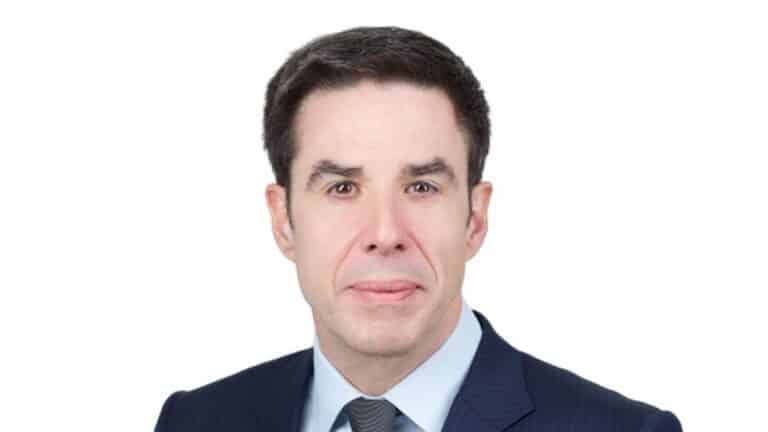Could a strategic lithium reserve kickstart US supply chain development?
NEW YORK -- A strategic lithium reserve is being mooted as a solution to stabilize volatile prices that have hindered American mining projects, allowi
Current Access Level “I” – ID Only: CUID holders, alumni, and approved guests only
Russia’s invasion of Ukraine has sent oil and natural gas markets for a loop.
But less attention has been paid to the implications of the war for global energy and food security, particularly for the world’s poorest and least developed countries (LDCs).
For a deep dive into whether Western nations can still fulfill the climate finance promises made to LDCs in the midst of an unfolding global conflict and energy crisis in Europe, host Bill Loveless turned to Dr. Harry Verhoeven.
He’s a Senior Research Scholar at the Center on Global Energy Policy who has collaborated extensively with key policy actors including the World Bank, the European Union, the United Nations and governments around the world. He is also the founder and Convenor of the Oxford University China-Africa Network.
In this conversation, Dr. Verhoeven outlines how the Russia-Ukraine conflict is destabilizing prices for certain food commodities like wheat and what the Russia-Ukraine war means for energy transitions of countries like Angola, Sudan and Mozambique.
Recently, Dr. Verhoeven authored a paper on the topic for CGEP called “International Energy Markets and Food Insecurity in the Least Developed Countries: The Russia-Ukraine Crisis and Beyond.” Soon, the Organization for Economic Cooperation and Development will release another report by Harry on the same topic.
This has been a crucial year for US energy policy. The passage of the One Big Beautiful Bill Act eliminated many of the clean energy incentives that were...

Over the past week, President Trump has intensified pressure on Venezuelan president Nicolás Maduro by targeting the regime’s economic lifeline—oil. The United States has seized two oil tankers...

If it seems like you're hearing a lot more about geothermal energy lately, that's because this clean, firm energy source is at a technological turning point. With roots...

Investment in clean energy technologies is on course to hit a record $2.2 trillion this year, according to the International Energy Agency. That’s more than twice the amount...

Without transatlantic alignment, we risk forfeiting the very advantages our alliance was built to protect.

CGEP scholars reflect on some of the standout issues of the day during this year's Climate Week

Each country in the alliance offers distinct strengths.

China’s dependence on the energy supplies that move through the Strait of Hormuz makes it especially vulnerable to any possible closure of the waterway by Iran in retaliation for attacks by Israel and the United States.
